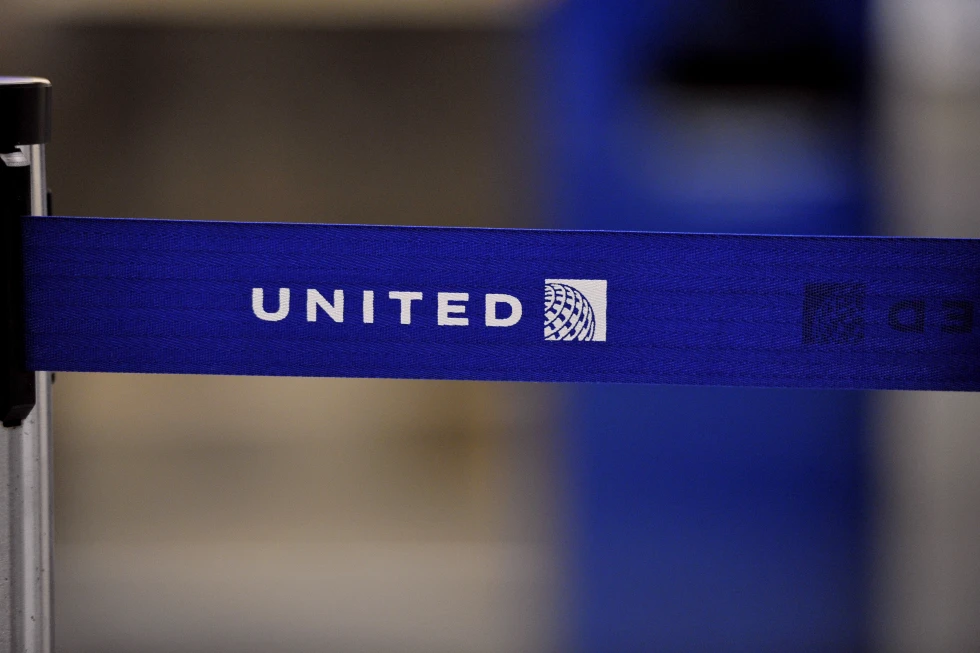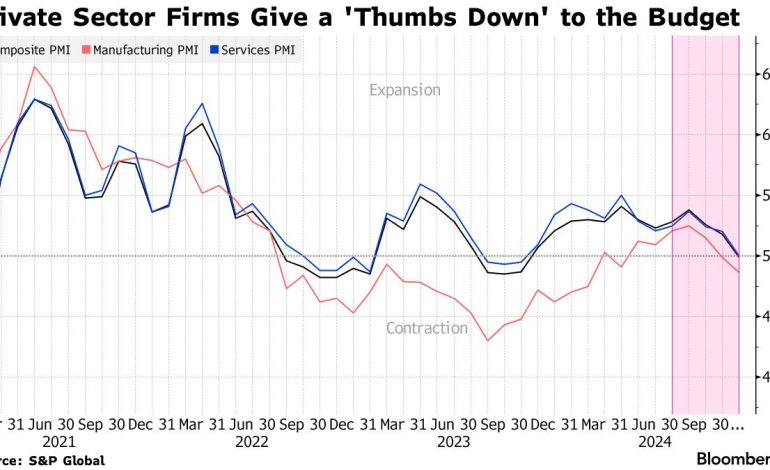The UK private sector has slumped from solid growth to stagnation following Chancellor Rachel Reeves’s recent budget, according to a closely-watched survey that indicates a strong negative reaction from businesses, Bloomberg reports.
S&P Global’s November composite Purchasing Managers’ Index (PMI) plummeted from 51.8 in October to 49.9, falling below the crucial 50 mark that separates expansion from contraction. This figure significantly undershoots economists’ predictions of 51.7 and represents the lowest reading in over a year.
The survey points to a loss of confidence among businesses, largely attributed to the payroll tax increase announced in the October 30th budget. Firms’ outlook for the coming year is the most pessimistic since late 2022.
The disappointing PMI data triggered a rally in UK government bonds (gilts) as traders increased bets on Bank of England (BOE) monetary easing, fully pricing in three quarter-point rate cuts by the end of 2025. Conversely, the pound weakened against the dollar, falling as much as 0.8% to $1.2494, although it gained slightly against the euro following similarly weak PMI data from the eurozone.
The figures will be a serious blow to the newly elected Labour government led by Keir Starmer, which has prioritized economic growth. The survey offers strong evidence that Reeves’s first budget has exacerbated business concerns.
Businesses have borne the brunt of £40 billion ($50 billion) in tax increases, further compounded by a recent substantial increase in the national minimum wage. The services sector, a key driver of UK economic growth, experienced a sharp slowdown, with the services PMI falling to a 13-month low of 50 from 52. Manufacturing output contracted at its fastest pace in nine months.
New business growth reached its weakest point since December 2023, with survey respondents citing post-budget caution. However, some respondents noted a positive impact on demand following the US election.









